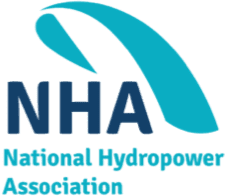Large amounts of wind generation have been added to the power system in recent years. However, wind breaks many of the core assumptions in the process used to schedule energy and is particularly difficult to forecast accurately. Rather than scheduling based on a single forecast, stochastic Unit Commitment (UC) minimizes the expected cost over several wind scenarios for the next day. Stochastic UC is often held up as a solution to help alleviate the high costs related to uncertain renewables. Yet there is no widely accepted method for creating high quality stochastic scenarios.
In this dissertation, we examine two wind power scenario creation methods – moment matching and analogs. Moment matching is a general technique where scenarios are synthesized to match a set of statistics or moments. We propose a method for estimating these desired moments based on historical wind data. The analogs method looks back in time to find similar forecasts and uses the matching observations from those analogous dates directly as scenarios. This work proposes and tests a simple analogs method based solely on aggregate wind power forecasts.
The performance of these methods is tested on a realistic model of the Electric Reliability Council Of Texas (ERCOT) power system based on actual data from 2012. UC and dispatch simulations showed modest stochastic savings for the relatively flexible ERCOT model at 25% wind energy penetration. The scenario creation method and number of scenarios had a significant impact on these stochastic savings. Contrary to our hypothesis and the increase in perfect forecast savings, stochastic savings decreased as wind penetration increased to 30%. Stochastic savings are often largely due to a few high cost events during peak load periods; stochastic UC costs may be higher than deterministic UC for extended periods – generally when demand and marginal prices are low. Together these results paint a more nuanced picture of stochastic UC and provide a roadmap for
future scenario creation research.


